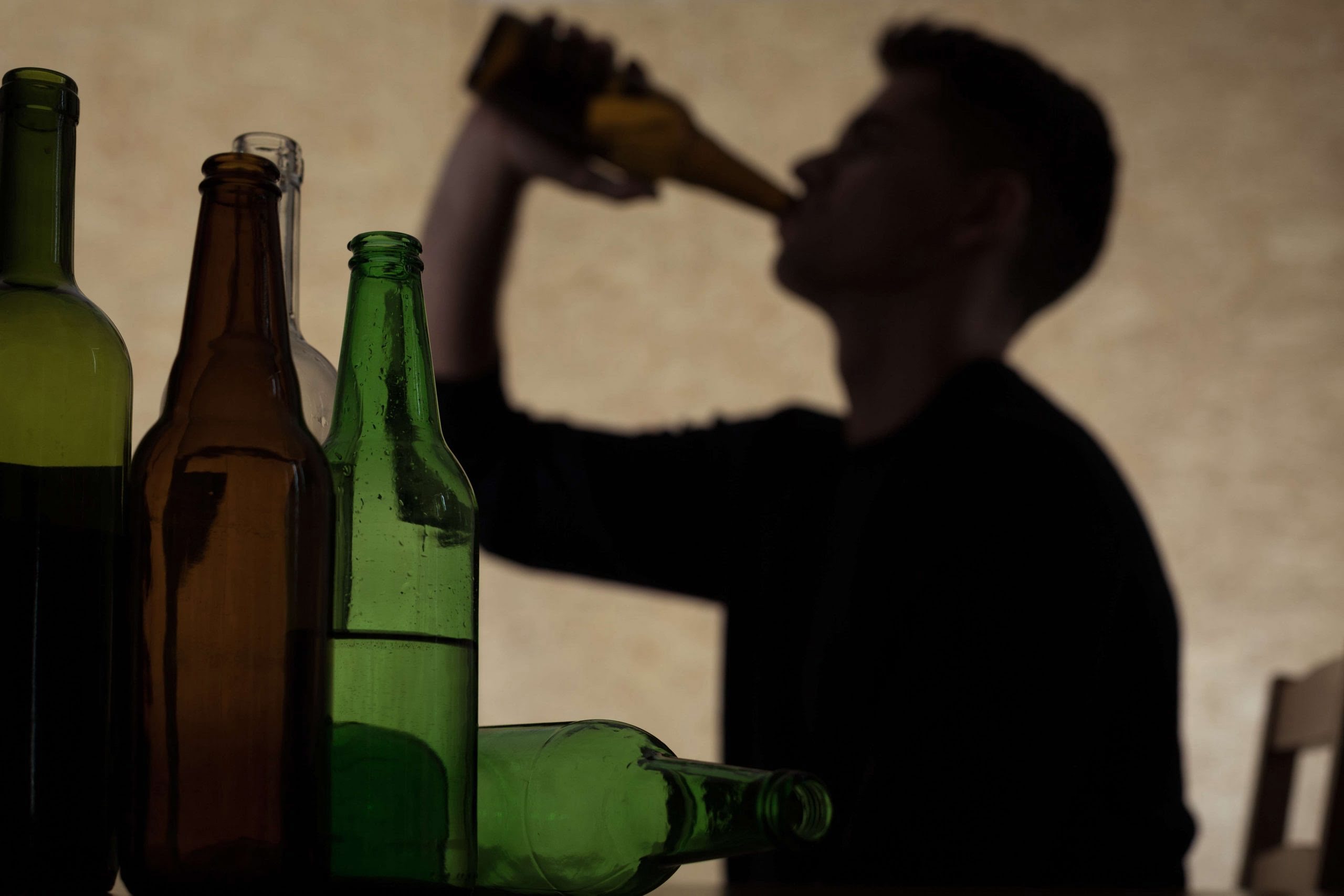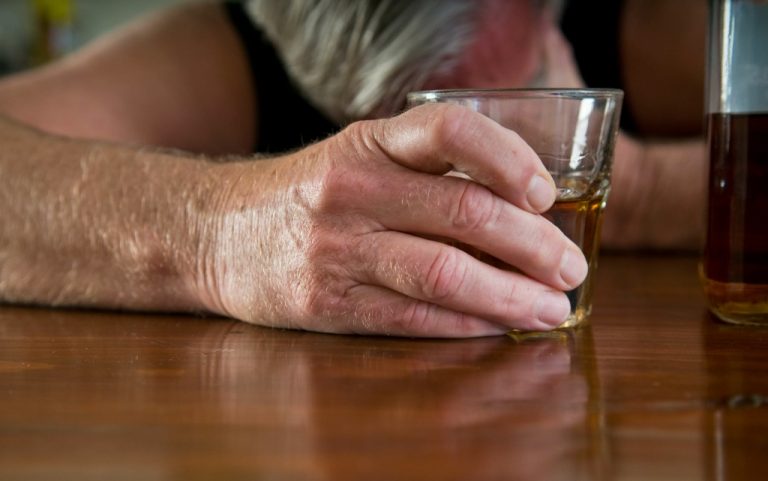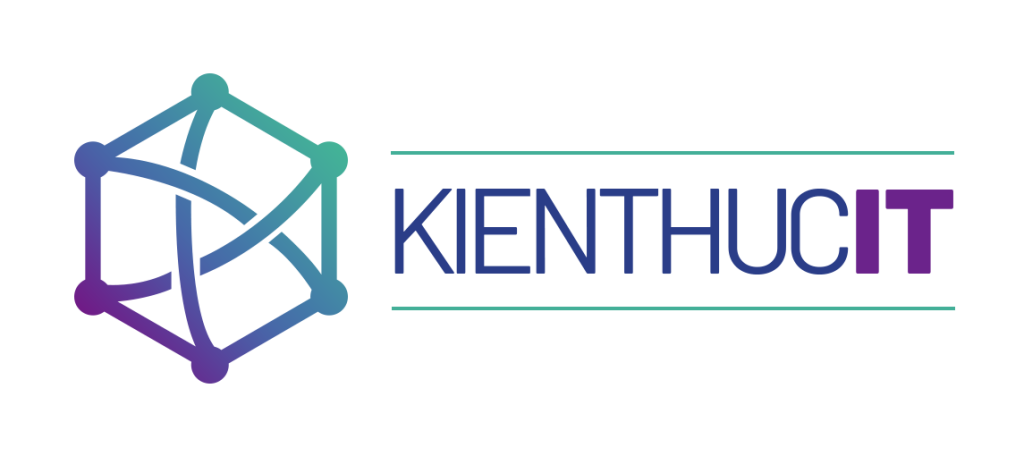Alcohol detox not only alleviates the physical dependence on alcohol but also lays the foundation for improved mental health and emotional stability. This transformative journey towards clarity requires persistence, support, and a holistic approach to recovery. One potential solution is to increase physical activity, which can help improve blood flow to the brain and promote mental clarity. Another step is to improve sleep patterns- seniors should get seven to eight hours of sleep each night, as this can help promote healing. Cognitive exercises, such as puzzles or crosswords, can also be a useful way to improve memory and mental agility. Did you know that alcohol-induced brain fog affects millions of individuals globally?
The Dangers of Heroin Withdrawal and How Medical Detox Can Help
After finally achieving recovery, you may find that you’re dealing with a sense of chronic fatigue. This tiredness can last for weeks or even months and could lead to feeling discouraged about your own recovery. For example, research shows that people with anxiety and depression are more likely to experience brain fog. Studies show that when you’re dehydrated, your brain tissue loses water, which can lead to the shrinking of the brain—this can result in impaired cognitive function. Alcohol can damage the brain, but most cases of brain fog do not come from brain damage.

The Role of Private Therapy in Luxury Addiction Recovery Programs

Quitting smoking is a significant step towards improving your overall healthand well-being. However, it’s common for individuals who quit smoking toexperience a phenomenon known as brain fog. In this article, we will explorewhat brain fog is, why it occurs after quitting smoking, and when you canexpect it to go away. Nevertheless, it’s important to remember that the symptoms of COVID brain fog share many similarities with anxiety and depression symptoms. These mental health ailments often arise in individuals with long COVID.
Frequently Asked Questions About Brain Fog and Alcohol Withdrawal
Cognitive behavioural therapy (CBT) can help individuals identify and change detrimental thought patterns and behaviours that contribute to substance misuse. Many people also find it helpful to stay in an inpatient facility, where they can meet others going through similar experiences and learn how to live a sober life. Incorporating cognitive exercises and behavioral therapies into recovery plans significantly bolsters cognitive recovery. Techniques like cognitive behavioral drug addiction therapy (CBT) can help individuals rebuild decision-making skills and emotional control. Engaging in mental exercises not only aids in cognitive regain but also enhances overall treatment outcomes, facilitating longer periods of sobriety and better quality of life.
How Does Mental Health Influence the Detox Process?
- Gillian Tietz is the host of the Sober Powered podcast and recently left her career as a biochemist to create Sober Powered Media, LLC.
- Even mild dehydration can impair cognitive function, so you want to keep water handy at all times.
- By attending regular meetings, individuals can find inspiration, encouragement, and guidance from others who have successfully navigated the recovery journey.
Many alcoholics self-medicate their condition by using benzodiazepines as supplements for their lowered levels of GABA neurotransmitters. Alcohol causes brain fog by altering the way our brains use glucose – the naturally occurring sugar that our brain fog after drinking neurons need to communicate with one another. The use of glucose includes its conversion into a usable energy source, through an electrochemical process known as oxidative phosphorylation. Alcohol abuse also leads to a poor diet which can also contribute to brain fog symptoms.
This can be done by setting limits on how much you drink, avoiding drinking in situations where you may be tempted to overindulge, and seeking advice from others. The Reframe app equips you with the knowledge and skills you need to not only survive drinking less, but to thrive while you navigate the journey. Our daily research-backed readings teach you the neuroscience of alcohol, and our in-app Toolkit provides the resources and activities you need to navigate each challenge. If your alcohol addiction is already taking over your life, we highly recommend starting a healthy withdrawal program. So, if you’re struggling with brain fog, make sure to get some sunlight every day. So, if you’re struggling with brain fog, make sure to eat plenty of nutrient-rich foods and avoid processed foods as much as possible.
Understanding the link between alcohol detox and mental clarity
For example, blueberries may help prevent neurodegeneration, and avocados are rich in monounsaturated fats that protect brain cells. A consistent flow of nutrients will keep your brain sharp throughout the day. One of the best things about getting sober is that there’s a newfound clarity of thought. Irrational thoughts that lead to impulsive behavior are replaced by more reasonable ones. This initial phase of sobriety can be invigorating and is often referred to as the “pink cloud”—a period that feels a little like you’ve found a unicorn. Addiction and substance use disorder affects over 17% of the American population.
- If they relapse, they can always return to inpatient care or try a new sobriety strategy out.
- She completed her undergraduate training in gerontology at McMaster University.
- Alcohol impairs GABA, a calming neurotransmitter that reduces anxiety and stress levels in the brain.
- While rare, Dr. Raden says that tremors (uncontrollable shaking of the hands) can also be a symptom of caffeine withdrawal.
Alcohol Brain Fog After Drinking? Causes, Symptoms, and Treatment
We offer free aftercare for the men who complete our program and have a strong alumni network that remains active in the community. We also offer other amenities such as dietician-prepared meals, mindfulness-based meditation training, outings, and fitness training. Alcohol’s most severe long-term consequences are brain damage and nerve cell death. Unlike in other parts of the body, some nerve cells (particularly those in the frontal cortex and cerebellum) are not replaced once destroyed.

- The exact rates of sobriety fatigue are unknown – but it’s safe to say that most people seeking recovery have felt it at one time or another.
- This can increase your tiredness the next day, leading to a cycle of using caffeine to wake you up but having trouble sleeping later on as a result.
- This can often happen when someone is greening out as part of them becoming overwhelmed after taking too much.
One way to let go of nit-picking or ruminating thoughts is to channel your energy into a creative activity, like drawing, needlepoint or cooking. Massachusetts Center for Addiction provides evidence-based care for substance use and mental health. Our team is dedicated to helping individuals and families find lasting recovery. Additionally, it’s essential to avoid alcohol and other substances that can worsen brain fog symptoms.
